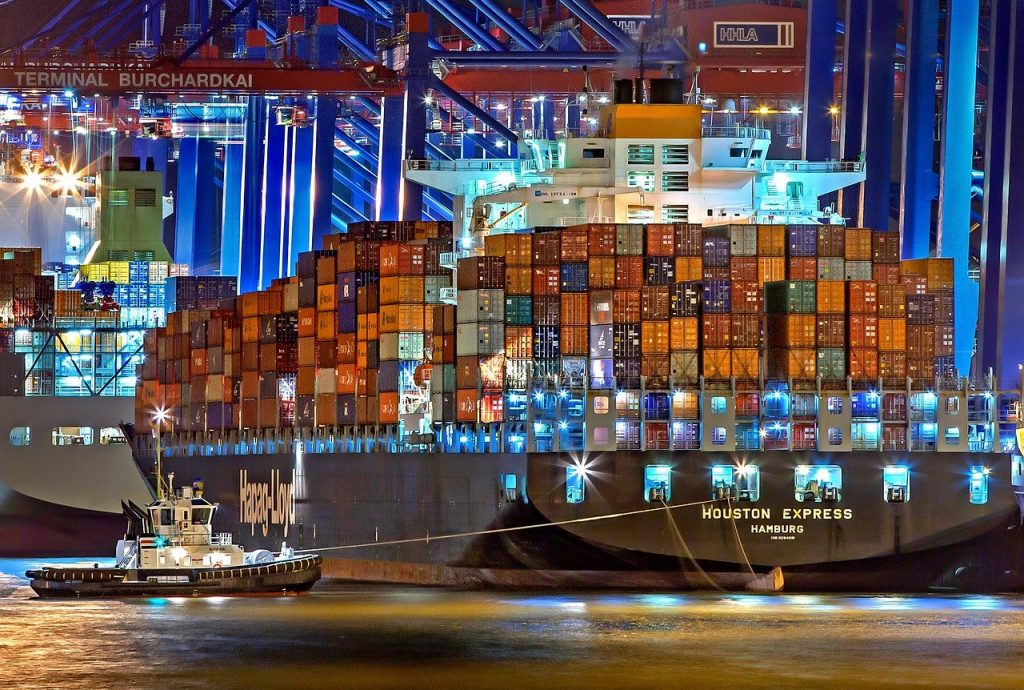Common Problems Shippers Face
To those unfamiliar with the ocean freight industry, it can appear complex. It involves many different entities and each entity is comprised of its own set of rules and regulations to abide by. Understanding them is one part of the job done. Anticipating potential problems is something else. With that said, here are 11 common problems shippers face at the shipping destination.
1. Customs Examinations
Random customs checks aren’t uncommon in the shipping world. Only 2% to 10% of all shipments are actually inspected. That’s a relatively small fraction. But if you handle imports and exports on a regular basis, customs will eventually tag your cargo for inspection. Be it at Dutch customs, US customs or anywhere else, you’ll want to know what to expect if your cargo gets chosen for a random inspection.
2. Custom Clearance Problems
The priorities of each country’s customs department are different. Some conduct random inspections. Others target specific issues with particular types of shipments or are country-specific. One recent example would be China’s anti-Zika treatment requirements for US exports from Florida. Importers should always provide accurate information to freight forwarders. Misleading information leads to distrust and that’s not something you want with customs officials! Complete information ensures a smoother freight process, fewer headaches, and unanticipated hick-ups! This brings us to our next problem: Delays.
3. Delay Costs
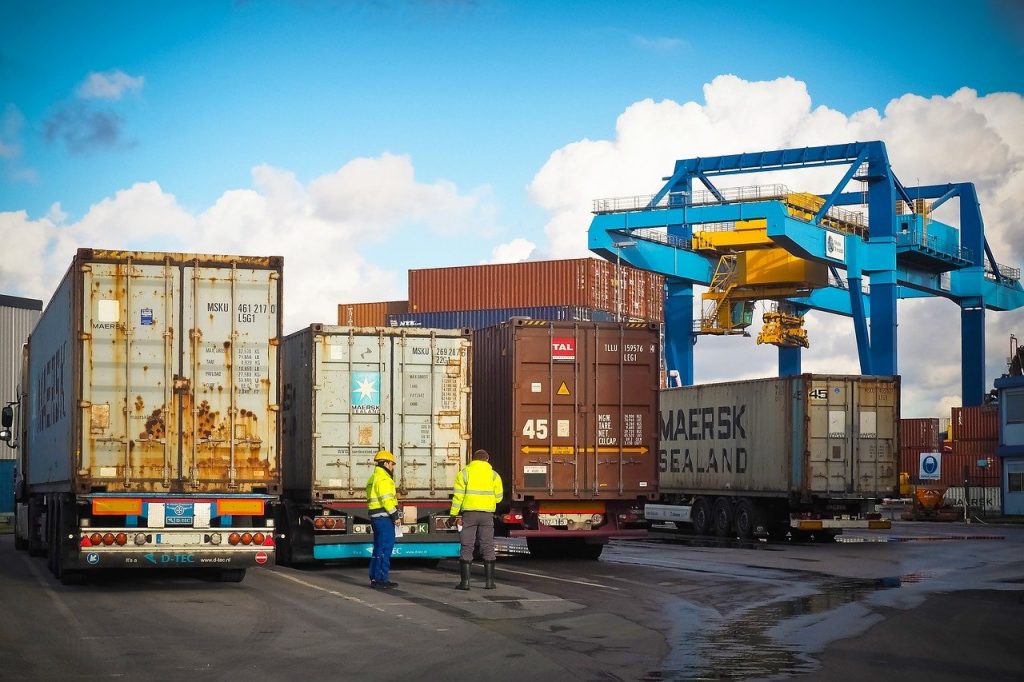
Holds and exams lead to delays. That leads to delay-related charges and fees. These result from a host of reasons ranging from late freight release to inspections. The most common delay charges are demurrage, detention and per diem. They’re not the same. Make sure you know how they differ so you can best negotiate with your shipping line or trucking company.
4. Missing Documents
The original Bill of Lading is the most important document in the entire shipping process. Misplacing them is one of the problems shippers face. Should they go missing, you can expect to face problems with the release of your shipment, which will result in delays. Make sure your original Bill of Lading is couriered through a reliable channel. If you have a trusting enough relationship with your supplier, you can opt for a Telex Release or Express Release. Depending on the cargo you’re shipping and to which port your shipment is going, you may require specific paperwork.
5. Missing Duties and Taxes
Depending on the cargo you’re shipping and to which port your shipment is going, you may require specific paperwork. The purpose of this is to protect each country’s economy, residents, and the environment. These are levied against the value of the shipment. Certain commodities are not allowed, while others require special permits.
For example, auto-shipments require vary specific documents. Be sure to check the HS Code of the item you’re shipping, as you may face extra duties and taxes for your shipment to clear. To ensure your shipment goes through without any problems, make sure you have the documents required by the different ports.
6. Cargo Damage
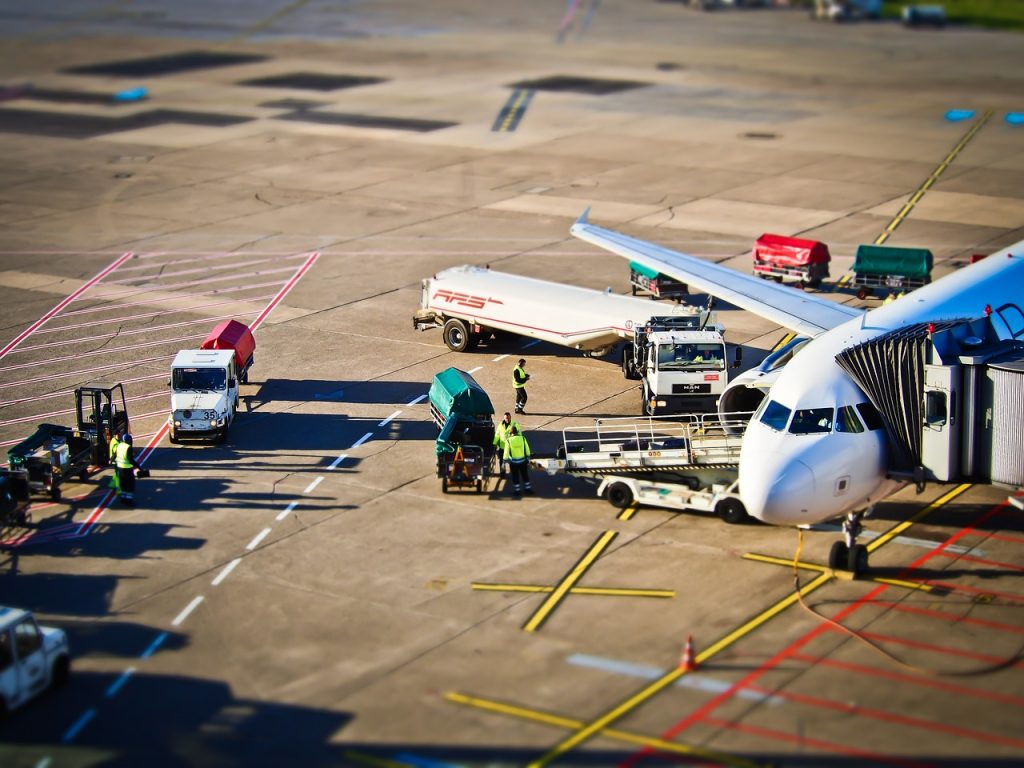
It’s not uncommon for cargo to arrive damaged. Make sure to secure your cargo properly inside the container at origin. At least 95% of cargo damage is caused by improper packing and/or stowage. That said, you should know the basics of loading a container. That includes knowing how many pallets fit in your container, be it 20-ft or 40-ft.
Cargo damage sustained from carrier/terminal mishandling very rarely happens. Should your container sustain damage, make sure to file your insurance claim. Do this according to the proper procedures and through the proper channels to ensure you get compensated. But your best bet would still be to go the extra mile in securing your cargo to prevent any mishaps.
7. Overweight Cargo
Overweight or unevenly distributed cargo in the container is one of the common problems shippers face. Sometimes, the weight of the container doesn’t correspond to the paperwork submitted. The problem arises when the trucker picks up the container. He might need different equipment to lift the container. Or he might not be able to transport it at all as it’s over the allowable road weight limit. It’s best to make sure you know the road weight limits and the IMO’s Verified Gross Mass regulation when shipping containers.
8. Penalties
Shippers often have to comply with regulations with importing cargo. Failure to do this leads to fines and penalties. One such example is the Importer Security Filing (ISF), otherwise known as the 10+2, which importers are responsible for. Know your shipper’s liability. Make sure you submit these on time before your shipment leaves the last foreign port. Otherwise, prepare to pay hefty fines imposed by US customs. Also get ready to have your cargo subject to customs checks upon arrival.
9. Unexpected and Unanticipated Closures
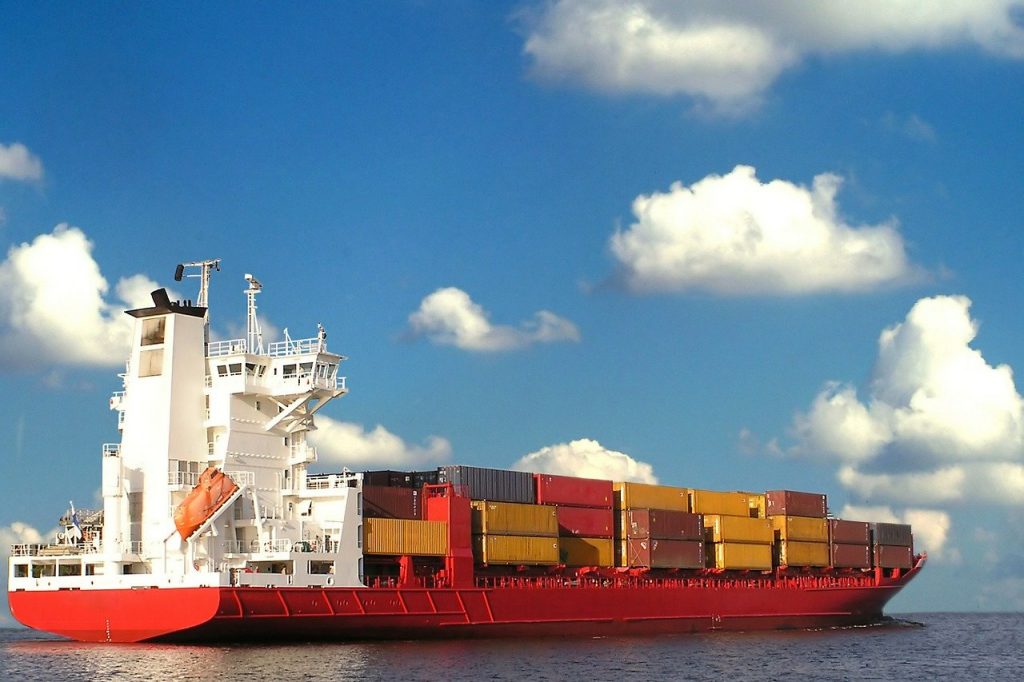
Unexpected closures include strikes – from port workers, truckers or anyone involved in the entire shipping process. This can happen at origin or destination and is bound to cause disturbances from the work stoppage. Even when work resumes, it will still take a while to clear the congestion.
Natural disasters can also cause unexpected port closures. Even though meteorological agencies can somewhat predict hurricanes and storms, ports often choose to be safe than sorry and close ports due to their unpredictability. Such is Mother Nature.
10. Lost Containers
If Malaysia Airlines is capable of losing a Boeing-777, you can be sure that shipping containers have the capacity to go missing every now and then. Ports have huge areas and continue to grow, especially with the trend of megaships now increasing. When containers arrive and port workers discharge them, it’s not uncommon for these discharged containers to go missing. Searching through an entire port area for one single container sure gives new meaning to searching for a needle in a haystack!
11. Holidays
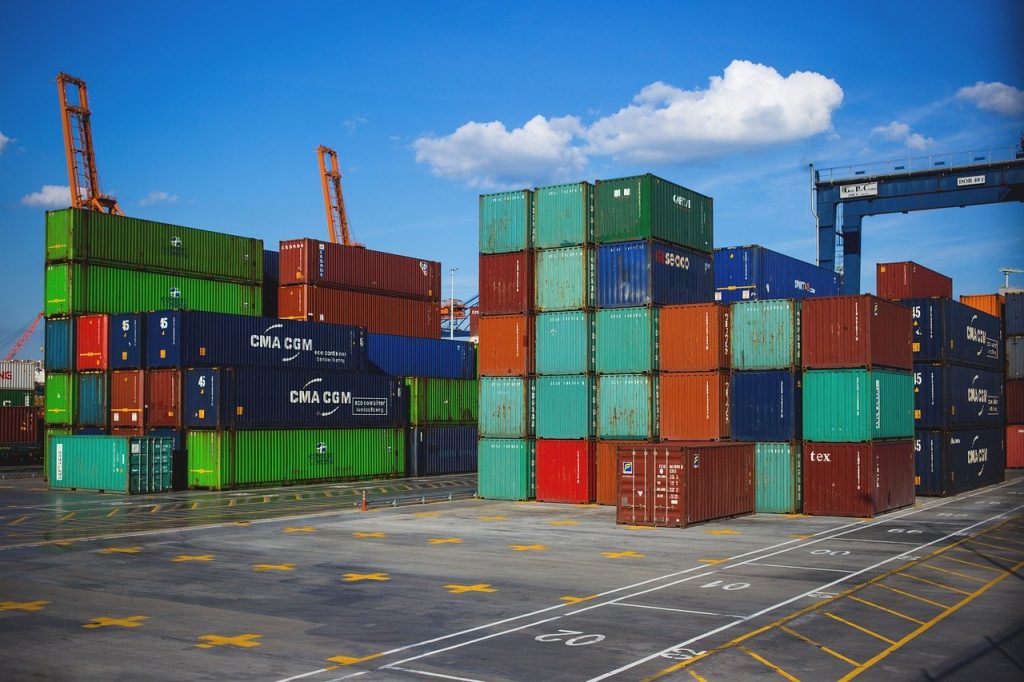
National holidays and festivities vary from country to country. Make sure you do your research beforehand to anticipate port/terminal closures at both origin and destination. Make sure your schedule is flexible and adjust it accordingly to prevent delays. You should ideally ensure your shipment goes through before the holiday. If not, you’ll have to fight with the other cargoes and containers stacked up in the port congestion when the port reopens.
Conclusion
In short, the shipping process and the potential problems shippers face often result in a vicious cycle. Missing documents, missing cargo or cargo damage are one of the many common problems shippers face. And they do happen. And when they happen, they lead to a delay in cargo release. That translates to delay fees, which translates to unanticipated shipping costs.
Hiring a shipping agent at destination eases a lot of workload and stress and we highly recommend this option. But if you decide to go the distance yourself, make sure to double and triple check everything from your end and tie up all loose ends before you ship. Do read through the shipping overseas checklist and common importing/exporting errors to guide your shipping process.
►Source: https://www.icontainers.com/us/2016/11/08/11-common-problems-shippers-face-at-destination/
►Website: https://www.alfrofreight.com
►Contact Us: https://www.alfrofreight.com/contact
►Get Quotes: https://bit.ly/alfroquote

